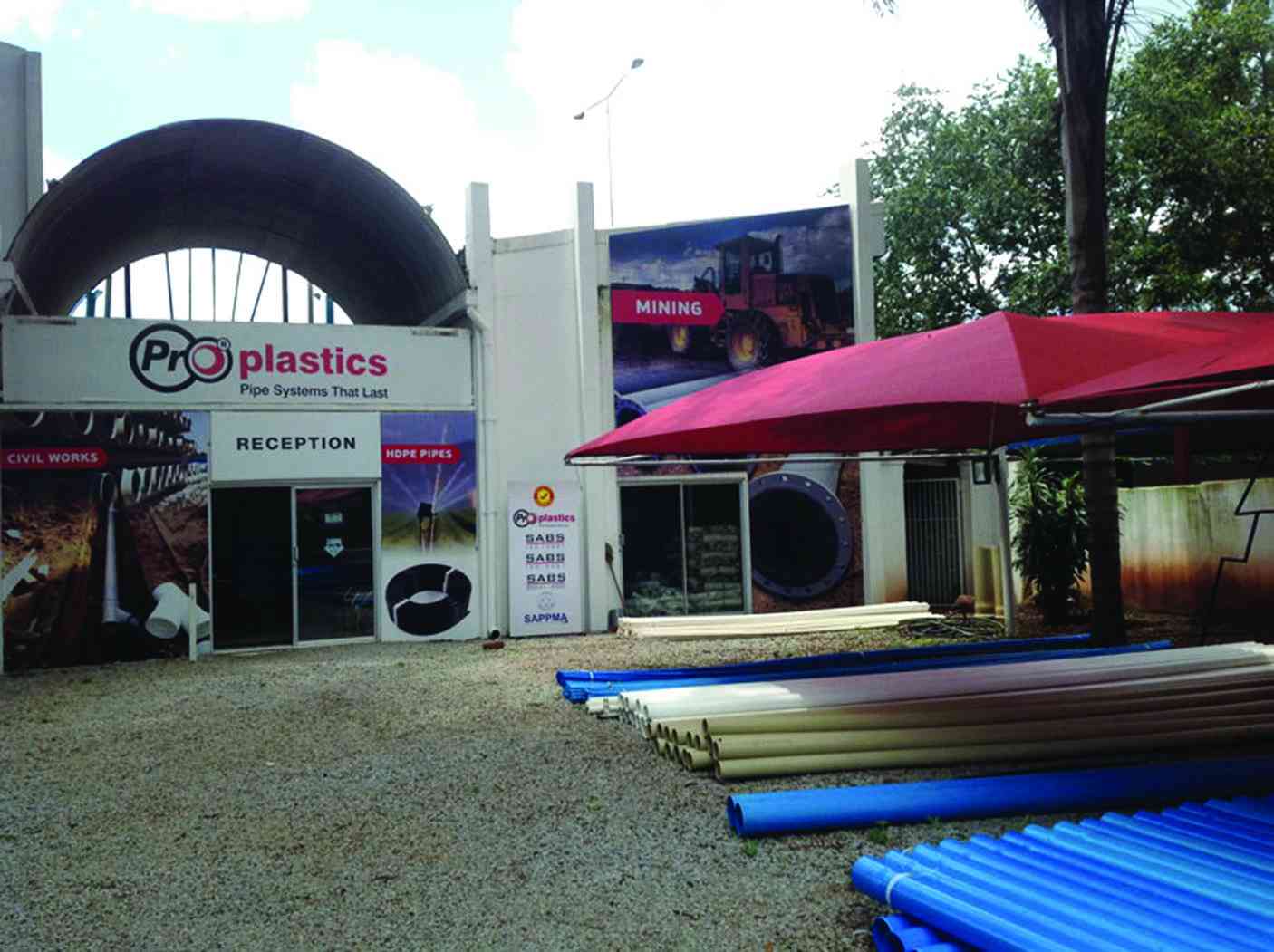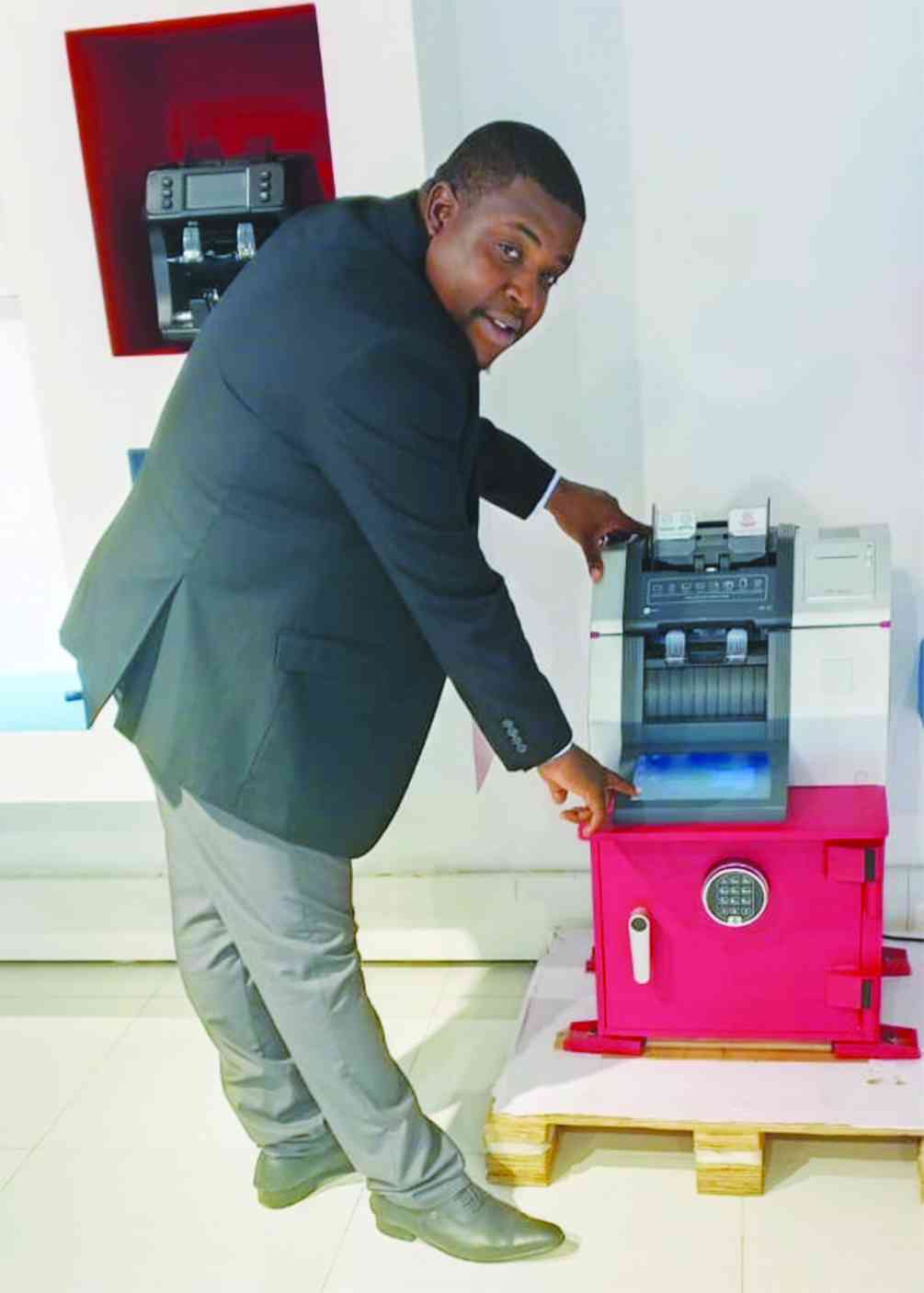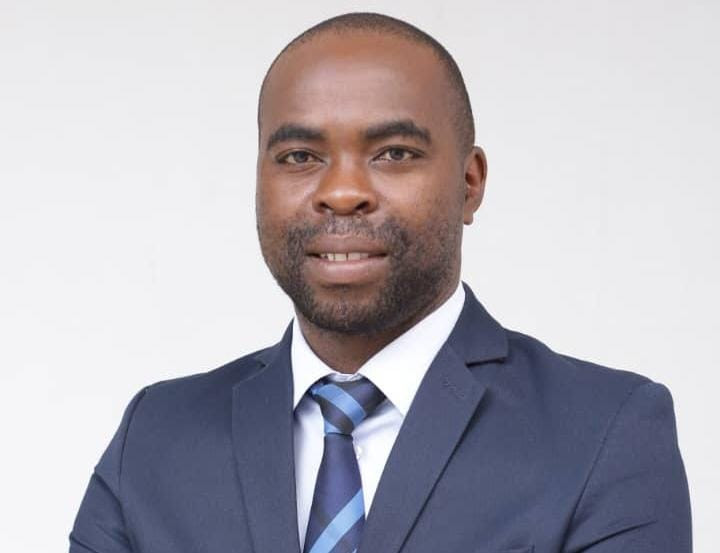
ZIMBABWE’S biggest pipes and fittings products manufacturer said this week it had cleared and closed its domestic currency indexed borrowings and switched to lower interest US dollar credit lines.
The Zimbabwe Stock Exchange-listed Proplastics Limited, said in its 2022 annual report that this was only one of several bold measures being pursued by the group, including switching from local currency and greenbacks during trading.
Proplastics chairman, Greg Sebborn, said doing away with Zimbabwe dollar sales will give a fuller picture of the group’s state of financial affairs.
“This, in my view, will enable the group to report more appropriately on its performance going forward,” Sebborn said this week.
“As Zimbabwean dollar interest borrowing rates remain high, the group has extinguished all its Zimbabwean dollar debts and opened United States dollar credit lines with the banks,” he added.
The country, which reintroduced the Zimbabwe dollar as its key medium of exchange in 2019, has been moving towards full dollarisation in the past few months due to volatilities affecting trade as the local unit.
Over the past few weeks, Zimbabwe has been experiencing severe exchange rate volatilities, resulting in its currency depreciating by a whopping 60% against the United States dollar in May.
The result has been bad for companies, which have struggled to plan.“With the economic environment demonstrating a clear desire to settle transactions in United States dollars, indications are that the group will trade more in that currency in the new year as was the case towards the end of the reporting period. As a result, the group has shifted to United States dollars as its functional currency since the beginning of the new year,” he said.
- Chamisa under fire over US$120K donation
- Mavhunga puts DeMbare into Chibuku quarterfinals
- Pension funds bet on Cabora Bassa oilfields
- Councils defy govt fire tender directive
Keep Reading
On Tuesday this week, the Reserve Bank of Zimbabwe increased the bank policy rate from 140% to 150% per annum, in response to the recent increase in inflation.
It also increased the Medium-term Bank Accommodation (MBA) interest rate from 70% to 75% per annum, as well as the Statutory Reserve Requirements on local currency demand and call deposits from 10% to 15%, while maintaining savings and time deposit requirements at 5%.
Sebbon, however, said borrowing rates in Zimbabwe dollars had become unsustainable.
“The resultant impact on cash flows affected funding of the requisite raw materials despite an improvement in the availability of these worldwide,” Sebborn said.
He added that participation on the foreign currency auction system would be reduced as the group utilises internally generated foreign currency to fund its operations.
Proplastics’ need for foreign currency comes as it has budgeted capital expenditure of ZW$2,6 billion (about US$938 651) for the year to be acquired through the firm's internal resources and existing facilities.
The budgeted capital is an increase of over 100% from its 2022 comparative of ZW$1,15 billion (about US$1,68 million).
“The new 500mm PVC line is producing the desired outputs and is effectively fulfilling the demand for big bore pipes. Demand for these bigger bore pipes seem to be growing and this augurs well for this investment,” Sebborn said.
“Unfortunately, the power supply situation has not improved, and this will be the major risk going forward. The group is working hard to ensure this risk is mitigated and the market does not suffer supply gaps.”
Last year, the group’s profit after tax dropped by 86,24% to ZW$110,44 million (about US$161 387,05) from a 2021 comparative of ZW$802,75 million (about US$1,17 million).
The drop in profit after tax was due to administrative costs of ZW$2,93 billion (about US$4,28 million), up nearly 86% from 2021’s comparative of ZW$1,57 billion (about US$14,53 million), driven largely by exchange losses.











